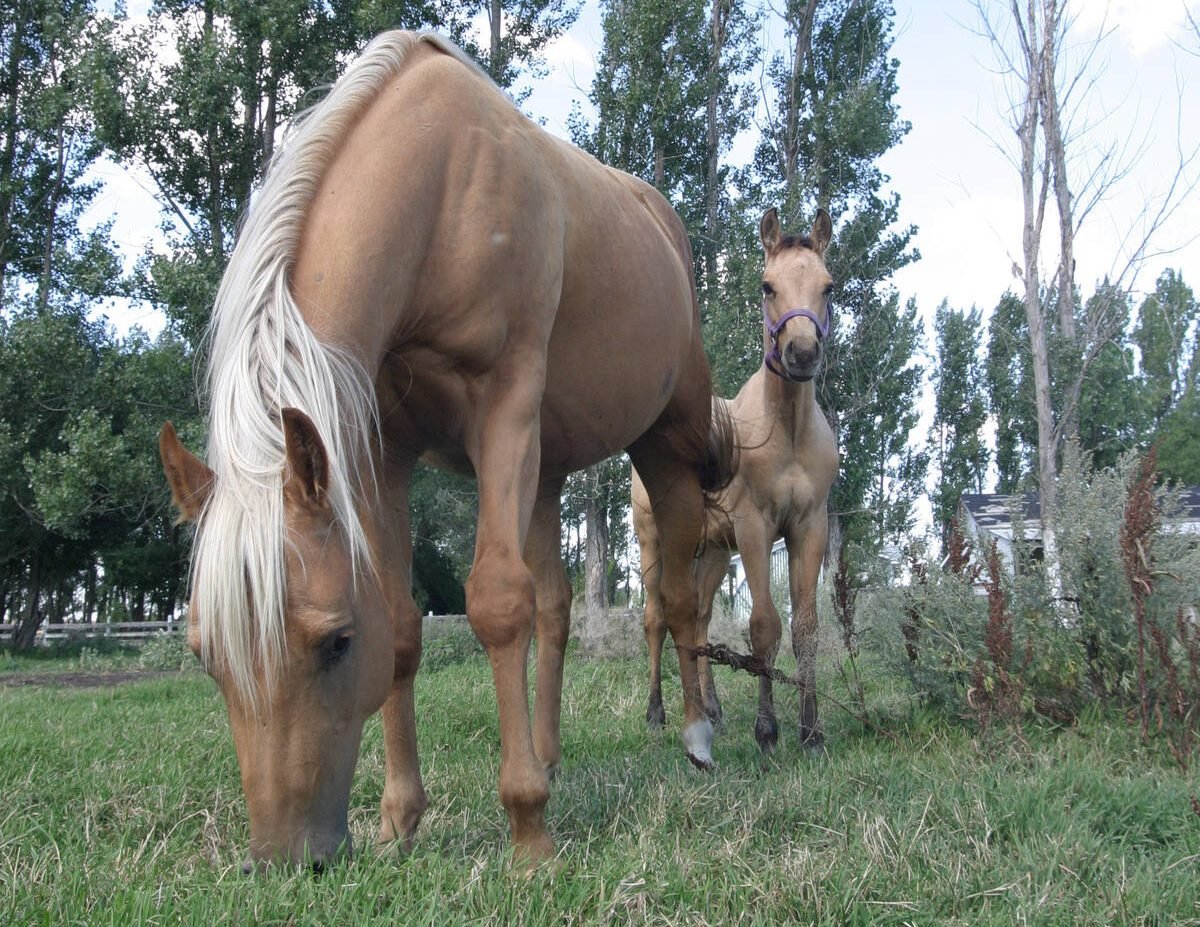When the prestigious medical journal The Lancet published a 51-page report this month laying out a plan for a sustainable “planetary diet” that transforms how we eat and live, it made a big splash.
The group of 37 experts are members of the EAT-Lancet Commission, which was brought together by the Stockholm-based non-profit EAT, dedicated to changing our global food system through science.
They were keen to recognize how urgent a change in our diets is needed to help the Earth. By 2050, they argue, the global population is expected to be roughly 10 billion and we will need to feed ourselves differently.
Read Also

Growth plates are instrumental in shaping a horse’s life
Young horse training plans and workloads must match their skeletal development. Failing to plan around growth plates can create lifelong physical problems.
The report, which took three years to prepare, presents the ideal diet for the 21st century — and for meat eaters, the report is no reason to jump for joy.
It suggests that for red meat, one burger a week would be everyone’s quota. Some fish and chicken are also added to one’s weekly intake of animal proteins, but plant-based proteins fill out the rest of the prescribed diet. Nuts and a good helping of legumes are recommended every day in lieu of meat.
With one glass of milk a day, the diet has room for 31 grams of sugar and about 50 grams worth of oils, such as olive oil. These recommendations align with the newly released Canada Food Guide’s approach to proteins, a new umbrella category that combines and de-emphasizes dairy and meat while recommending more plant-based proteins.
But, while the report underscores the importance of global food security, it falls short on a few fronts.
For one, it does not really tell us anything we did not already know.
Numerous studies, for instance, have already pointed to the value of plant-based diets and the reduction of food waste, another noble recommendation from the report.
And while the report is full of good intentions, the clinical fingerprints of the medical doctors, environmental scientists and nutritionists who put it together are all over the report.
There’s obviously nothing wrong with like-minded individuals writing a dietary road map like a tedious monograph, but it makes their approach feel inauthentic to the layperson.
For those of us in the non-elite masses, there is a significant difference between needs and wants. We all know we need to eat vegetables and adopt a healthy lifestyle, but many do not for a variety of reasons: access, affordability and convenience.
While vegetarian and vegan options have been declining in price, their still-high costs make them inaccessible to many and, regardless of whether the impression is true or not, plant-based diets are almost seen as an elitist way of life right now. This will need to change.
However, the report makes no mention of how these factors should be addressed or change over time.
Food diversity is what defines us all, in a way; entire civilizations have been built on agricultural traditions that forge our varying tastes and kitchen talents.
The report, however, shows little respect for communities where meat plays an integral part in their way of life. It does not recognize that meat can be grown more sustainably, with efforts such as the Canadian Roundtable for Sustainable Beef and the emergence of cultured meat.
Reminding the world that our habits ought to change has merit, but it can be overdone. The plant-based diet narrative is overpowering everything else, including remembering where we came from.
As we progress as a society and understand how we can feed more people on this planet, it is critical to value our food heritage, too. If we don’t, a report like The Lancet’s will be dismissed as haughty advocacy — and it shouldn’t.
Sylvain Charlebois is a professor in food distribution and policy at Dalhousie University’s faculties of management and agriculture and senior director of the university’s Agri-Food Analytics Lab.















